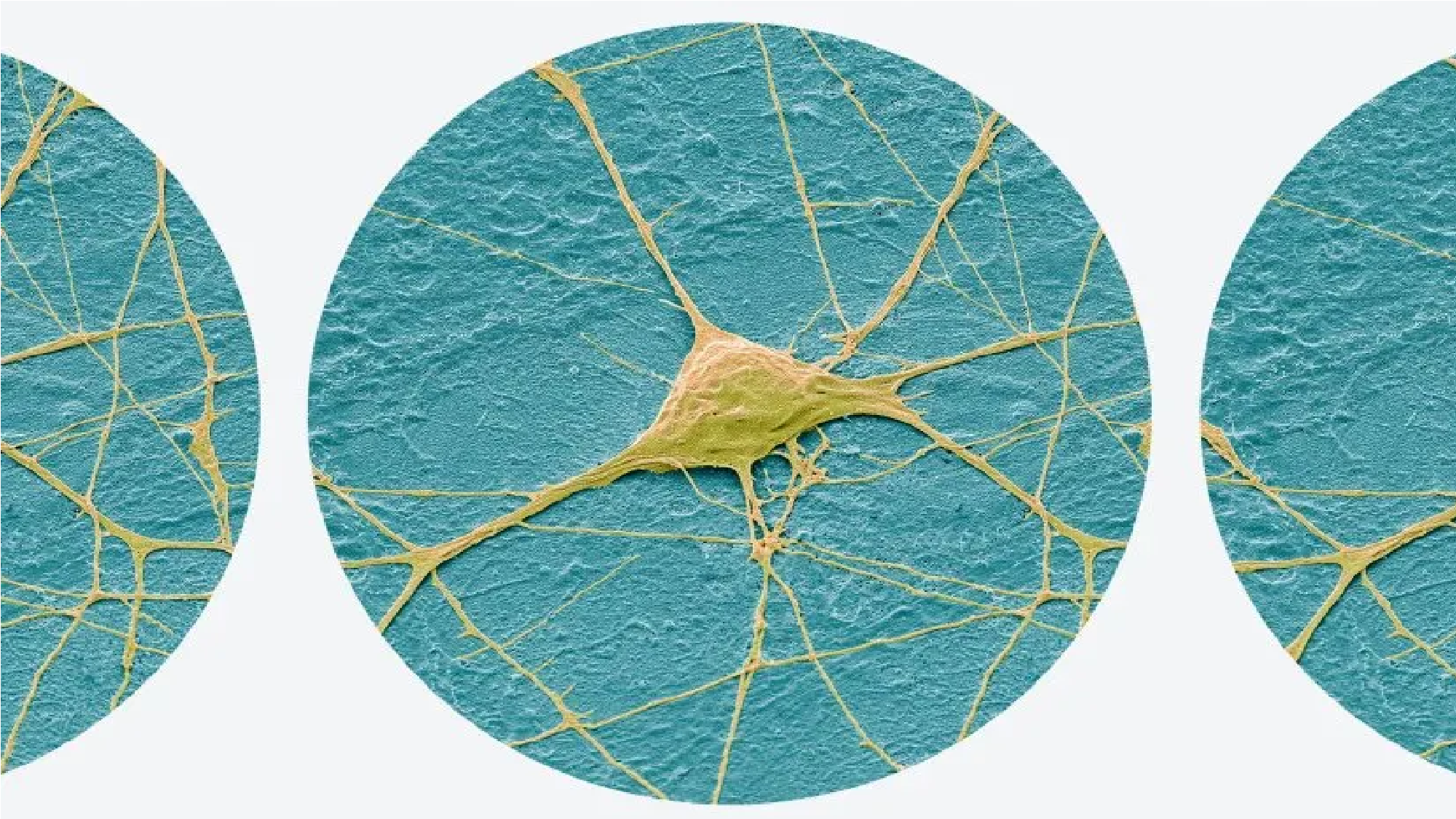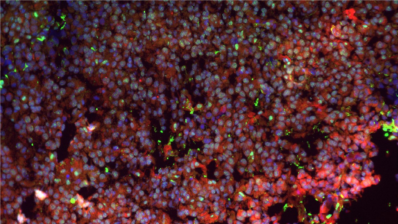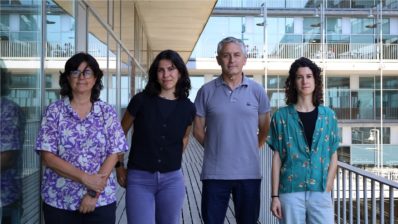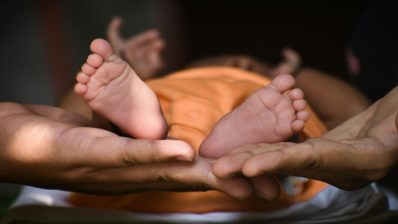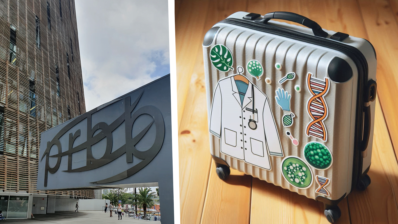Marc Güell, head of the Translational Synthetic Biology group at the Department of Medicine and Life Sciences (MELIS-UPF), writes a review on the book written by his colleague and also MELIS-UPF researcher, Alfonso Martínez Arias. The master builder: how the new science of the cells is rewriting the story of life” (2023, Basic Books) was published last year in English, and it shares the knowledge, perspective, and insights amassed over the researcher’s career on the topic of what defines our identity. How do cells and genes build embryos? Is our identity in our genomes or is it created by our cells? These are some of the questions the book tries to answer. “The master builder” will be published in Spanish later this year.
Life is a unique chemical trap. It uses DNA to encode de molecular complexity accumulated along evolutionary history but other biomolecules generally make most of molecular function. The book Master Builder by Alfonso Martinez Arias is an insightful exploration into the fundamentals of how the fascinating complexity of biology emerges.
Interestingly, it challenges the traditional view that genes are the primary architects of life. Martinez Arias presents a compelling argument that it’s actually cells, with their complex interactions and long evolutionary history, that define our identities and biological characteristics. The book reflects that while DNA is crucial, it cannot function without cells, which dynamically interact with their environment to shape life’s diversity and complexity.
Martinez Arias uses examples from developmental biology to illustrate how cells, rather than DNA alone, are responsible for the formation of our physical features and the functioning of our bodies. At the end, biological entities are generated by division, differentiation, migration…a paradigm very different from industrial manufacturing, where we usually assemble by adding parts.
This perspective not only provides a deeper understanding of biology but also highlights the intricate symphony of cellular activities that constitute life.

